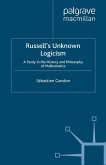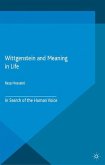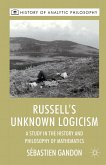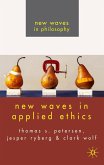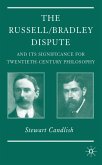Walter Benjamin's work represents one of the most radical and controversial responses to the problems of twentieth-century culture and society. This new interpretation analyzes some of the central enigmatic features of his writing, arguing that they result from the co-presence of religious scepticism and the desire for a religious foundation of social life. Margarete Kohlenbach focuses on the structure of self-reference as an expression of Benjamin's sceptical religiosity and examines its significance in his writing on language, literature and the cinema, as well as history, politics and modern technology.
'This is by far the best book on Walter Benjamin I have ever read. It is very clear, very thoughtful, and comprehensive in its treatment of its subject and of the voluminous secondary literature, without, however, getting bogged down in scholastic disputes with other commentators.' - Raymond Geuss, Reader in Philosophy, University of Cambridge




